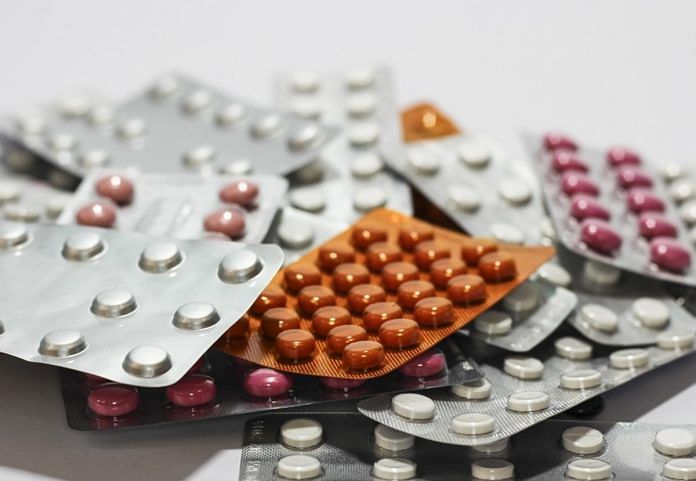The NPPA was behind capping the prices of knee implants, stents and medicines.
New Delhi: The central government seems all set to change the character of the National Pharmaceutical Pricing Authority after moving its powerful and controversial chief Bhupendra Singh on 1 March – it wants to turn the drug price watchdog into a ‘market research agency’.
The Department of Pharmaceuticals (DoP) has asked a panel of experts involved in the finalisation of the pharma policy to also shape the NPPA’s new role. The panel includes members from the health and commerce ministries and the NITI Aayog.
A senior DoP official alleged that Bhupendra Singh had been going beyond his powers without understanding the objectives and functions of the NPPA.
“Controlling and fixing drug prices in accordance with the drug pricing control order (DPCO) is just one of NPPA’s many functions, and it was focussing on this one function only. We have agreed that NPPA will now focus on other critical functions such as data collection and market research,” the official, who spoke on condition of anonymity, told ThePrint.
Usually referred to as the ‘drug price watchdog’, the NPPA had used its price controlling authority to cap the prices of knee implants, stents, and critical medicines.
Bhupendra Singh refused to comment when reached by ThePrint. However, a source close to him said that he suspects the government is acting under the pressure of pharma company lobbies.
What will change?
In its likely new role, the authority will have to focus more on monitoring the availability of drugs, identifying shortages, and assisting remedial actions.
Also, it will be strengthened to create an extensive data base for bulk drugs and formulations. It will collect records related to the production, exports, imports, and market share of individual companies and profitability of companies.
The DoP official confirmed that the panel had agreed to the suggestions. “The alterations to the role of NPPA are likely to find mention in the upcoming pharmaceuticals policy, which is expected to come out within the next six months,” he said.
Last year, the NITI Aayog, the health ministry and the DoP were engaged in discussions to dissolve the NPPA in its current form, and reallocate its responsibilities within the department. However, the proposal did not make progress.
Aggressive watchdog
The NPPA was known for being a toothless body. But it became aggressive under the chairmanship of Singh beginning in 2016, alarming the pharma industry.
Last year, the prices of cardiac stents and knee implants were slashed by up to 80 per cent and 69 per cent.
Then, the NPPA published an analysis showing how private hospitals buy medicines and medical devices cheaper in bulk and sell them on to patients much above the maximum retail price, earning margins of up to 1,737 per cent.
Ministry insiders accuse Singh of exercising emergency powers frequently to harm the financial viability of drug makers and medical device firms. “His decisions harmed the long-term availability of the products in the market,” said the DoP official.
Opinion divided
Experts are, however, divided on the move to change the broader mandate of NPPA.
R.C. Juneja, CEO of Mankind Pharma, who has been vocal about the drastic impact of price control mechanisms on the profitability of drug makers, is elated.
“There is a need for a body that can keep a strict surveillance on the availability and shortage of drugs in the market. Also, there are several companies selling drugs without prior approvals, which show the NPPA wasn’t watching market trends,” he said.
“Relieving it from the exhaustive process of adding drugs under price-capping mechanism and strengthening its other core functions is a decision in the right direction.”
On the other hand, Himanshu Baid, managing director of NSE-listed medical device company Polymedicure Ltd, said the move could prove counterproductive for patients.
“Reducing the NPPA’s powers won’t be in favour of patients. A separate body is required to keep an eye on the prices of drugs and medical devices,” he said.
Baid is also chairman of CII’s Medical Technology Division, but said that his opinion is personal and not on behalf of the industry lobby.



